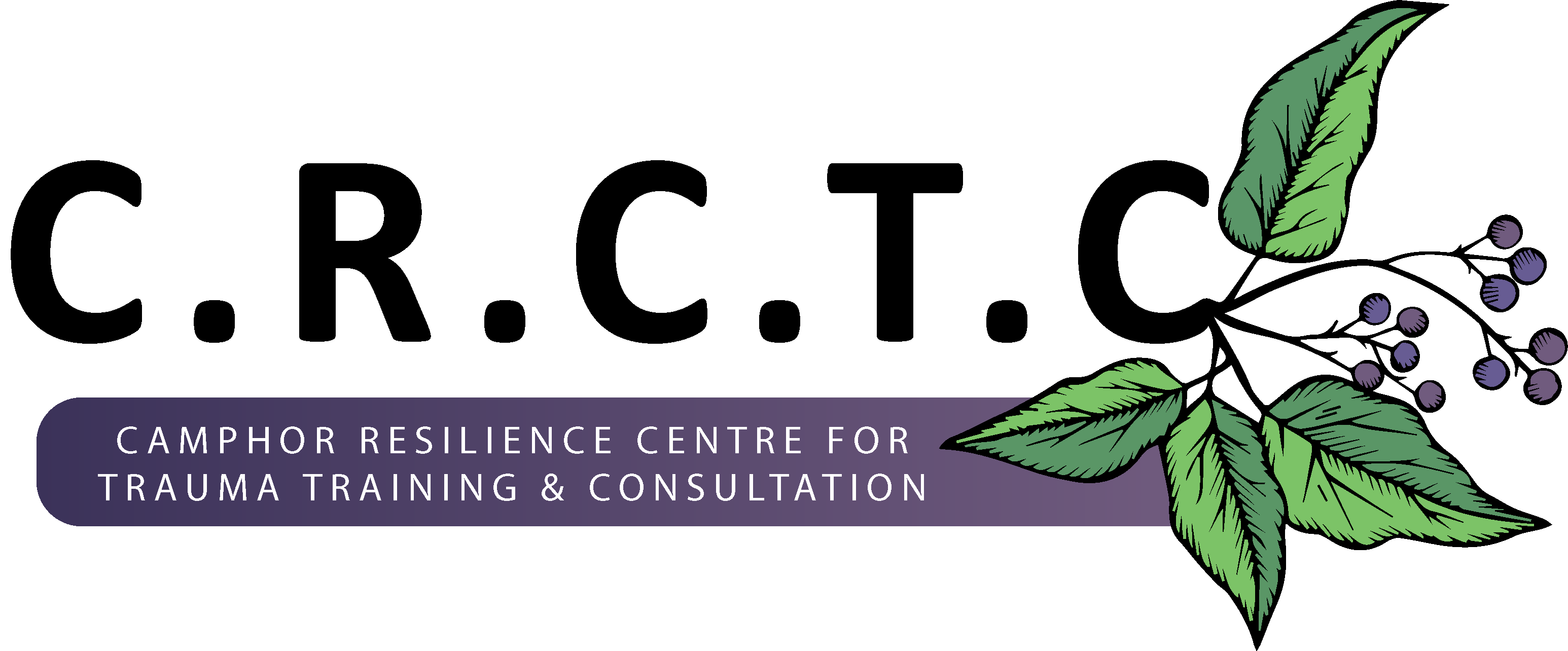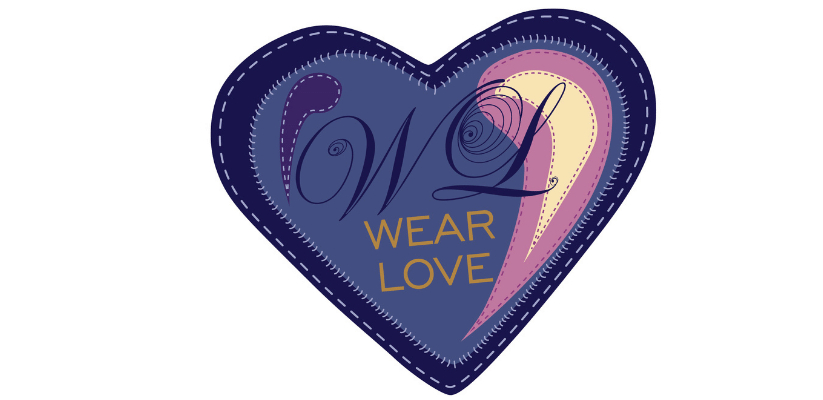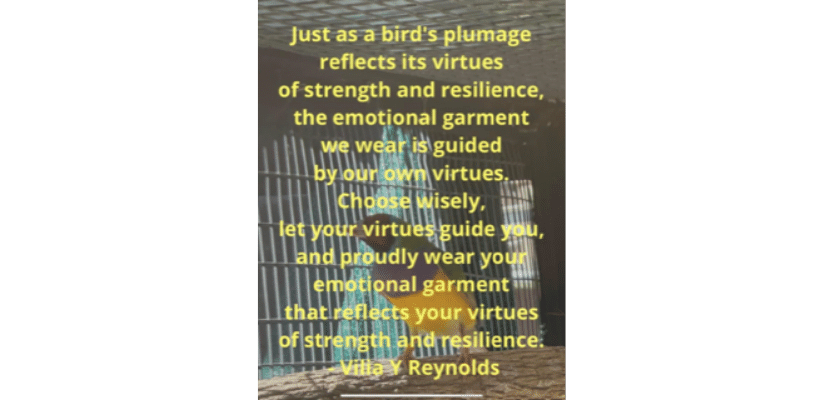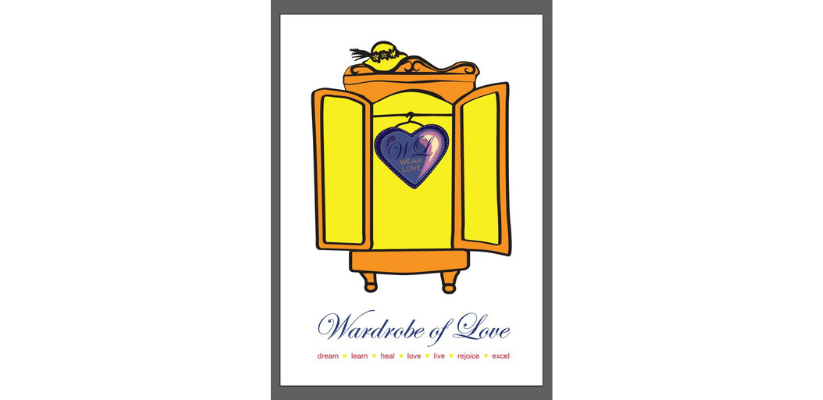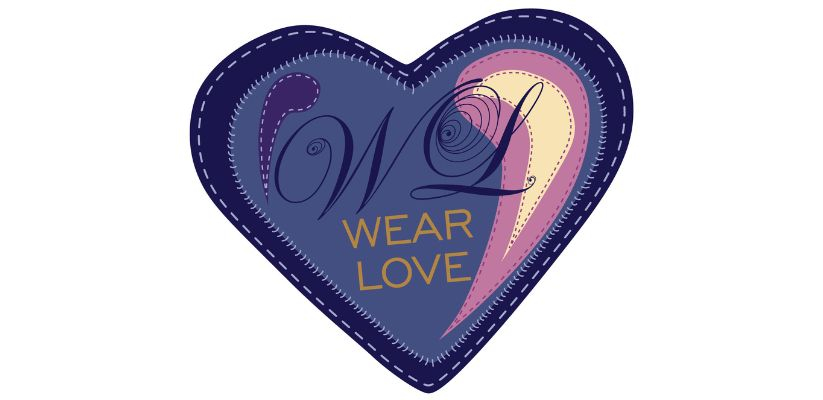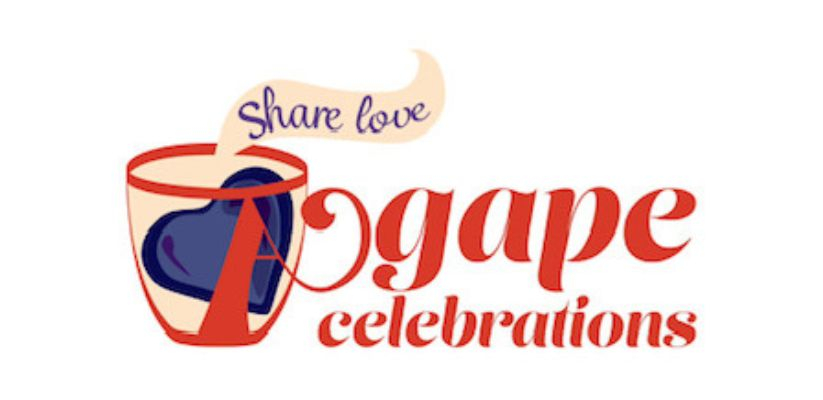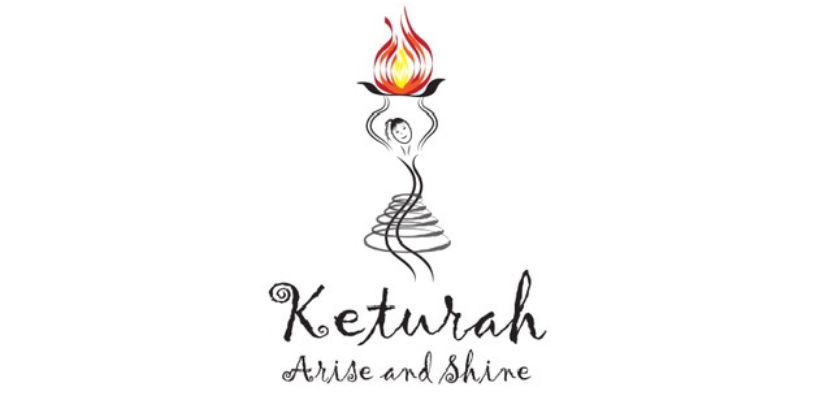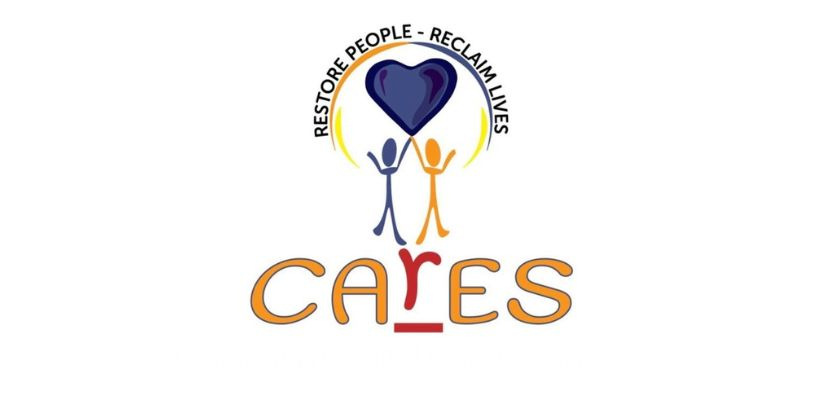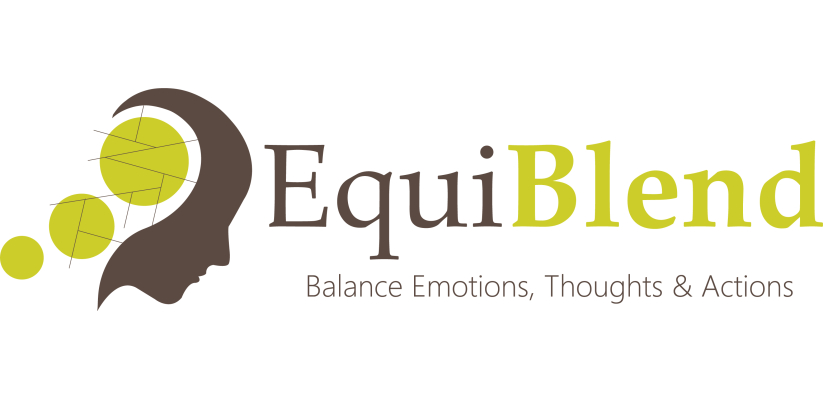Understanding the Flop Stress Mode: A Key to Empowerment in Relationships and Self-Actualisation
"In flop mode, like a dormant flower, we hold the resilience and inner strength to bloom once more. Focus on your purpose." Vilia Y Reynolds
Introduction
Stress is an inevitable part of our fast-paced lives. The traditional "fight or flight" response to stressors has been recognised for decades, but more recently, additional stress responses such as "fawn" and "flop" have come to light. This blog explores the flop stress mode, particularly its implications for interpersonal relationships and individual growth.
The Flop Stress Mode: An Overview
The "flop" mode can be understood as a defensive response when a person feels overwhelmed by stress and perceives no viable options to fight back or escape the situation. This can occur in various conditions, such as a heated argument, a high-pressure work environment, or a personal crisis. Rather than taking action or attempting to please others, individuals in flop mode may become passive, withdrawing from interactions and feeling immobilised. This mode serves as a protective mechanism, akin to playing dead when faced with a threat.
Key Characteristics of Flop Mode
1. Emotional Numbness: Individuals often feel detached from their emotions, leading to a lack of engagement in their surroundings.
2. Withdrawal: A marked tendency to physically or emotionally disengage from interactions and social settings.
3. Inability to Act: Unlike the fight or flight responses, which involve dynamic behavioural changes, flop mode renders individuals unable to make decisions or take significant actions.
The Impact of Stress Modes on Relationships
Consider my example of being stuck in traffic on the way to a restaurant.
To illustrate the various stress responses, consider a scenario involving a group of friends stuck in traffic on the way to a restaurant. Each passenger manifests a distinct stress response that aligns with their habitual coping mechanisms, reflecting how they revert to their comfortable stress modes when faced with an external stressor.
1. The Fighter: One friend becomes irritable and vocalises frustrations, arguing about the weekend's plans and blaming external circumstances. This response highlights the fight mode, where the individual seeks to confront the issue head-on, often leading to heightened tensions within the car.
2. The Runner: Another friend, feeling overwhelmed by the situation, suggests abandoning the dinner plans altogether, indicating a flight response. This individual seeks to escape the discomfort of waiting and uncertainty, seeking an alternative route or distraction to mitigate the stress.
3. The Freezer: A third passenger falls silent, staring blankly out the window and becoming unresponsive. This behaviour exemplifies the freeze response, characterised by emotional numbness and immobilisation in the face of stress. The individual's inability to engage reflects a retreat into a solitary mental space, avoiding the tension in the car.
4. The Fawner: Finally, one friend tries to smooth over the growing discomfort by engaging in light-hearted banter and making jokes, attempting to please everyone else in the vehicle. This response embodies the fawn mode, where the individual seeks to diffuse conflict and maintain harmony, often at the expense of their feelings.
5. The Flopper: Amidst the chaos, another friend completely withdraws, slumping in their seat and avoiding eye contact. This person feels helpless, immobilised by the stress of being trapped in traffic. Their response reflects the flop stress mode, which leads to a passive disengagement from the situation, embodying emotional disconnection and a sense of defeat.
Each passenger exhibited different stress responses—fight, flight, freeze, and fawn—highlighting how these modes affect interpersonal dynamics. When one person enters flop mode, it can significantly alter the group's interaction:
1. Communication Breakdowns: Those in flop mode might not effectively communicate their needs or feelings, leaving others confused and frustrated.
2. Increased Tension: Someone in flop mode can exacerbate tensions among those in fight or flight modes, as they may misinterpret withdrawal as indifference or rudeness.
3. Role Reversals: Relationships can become imbalanced; for instance, if one partner regularly enters flop mode, it might lead the other to assume a caretaking role, potentially causing resentment.
Flop Mode and Self-Actualisation
Flop mode can hinder an individual's journey toward self-actualisation. According to Maslow's hierarchy of needs, self-actualisation is realising one's potential and pursuing personal growth. However, when someone frequently resorts to flop mode, several barriers can emerge:
1. Stagnation: Constant withdrawal prevents individuals from engaging in activities that foster personal development and growth.
2. Fear of Interaction: Building relationships is fundamental to self-actualisation. If someone is in flop mode often, they may encounter social anxieties that lead to isolation.
3. Suppressed Emotions: Not processing emotions can lead to unresolved issues, further complicating efforts toward self-discovery and fulfilment.
Recognising and Addressing Flop Mode
Recognising when flop mode occurs is essential to navigate the complexities of emotional responses.
Implications for Group Dynamics
These varied responses illustrate how individuals revert to familiar stress modes when confronted with external pressures, impacting group dynamics. The fighter may create friction, the runner might suggest impractical alternatives, the freezer can foster an uncomfortable silence, and the fawner's attempts at humour may be met with indifference. Meanwhile, the flopper's disengagement can lead to feelings of isolation within the group, complicating communication further.
Understanding these responses can help individuals navigate conflicts more effectively. It allows friends and family to recognise and address each other's needs during stressful situations, fostering a sense of connection and compassion.
Conclusion
Understanding the flop stress mode is crucial for enhancing interpersonal relations and pursuing self-actualisation. Individuals can navigate their emotional landscapes more effectively by recognising and addressing flop mode. This can lead to healthier relationships by fostering open communication, empathy, and mutual support. It also promotes personal growth by encouraging self-awareness and the ability to manage stress. While stress responses like fight, flight, fawn, and freeze are well-known, recognising the significance of flop mode broadens our understanding of human behaviour and equips us with the tools to thrive despite adversity.
As we unravel the nuanced behaviours associated with stress, we pave the way for more empathetic interactions, ultimately enabling us to thrive despite adversity.
